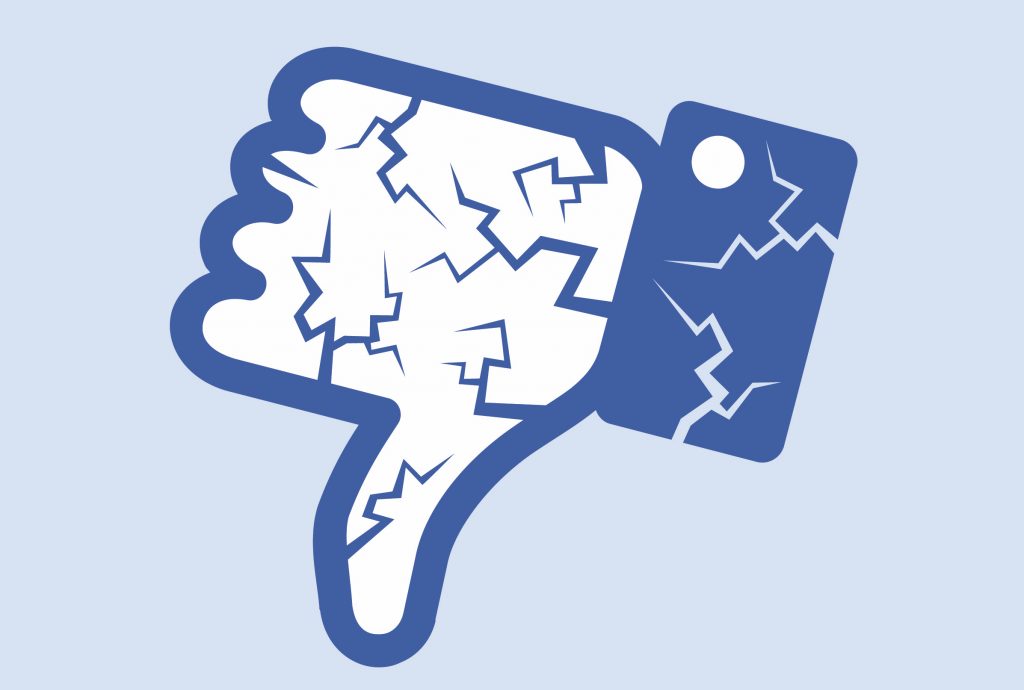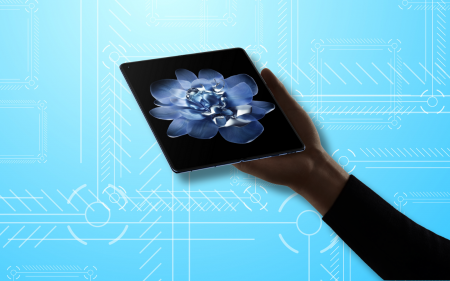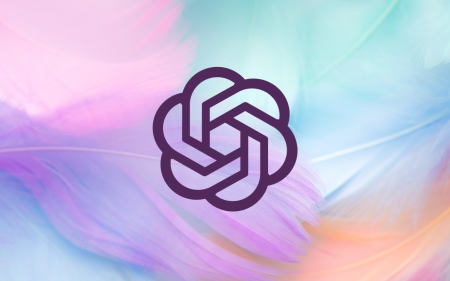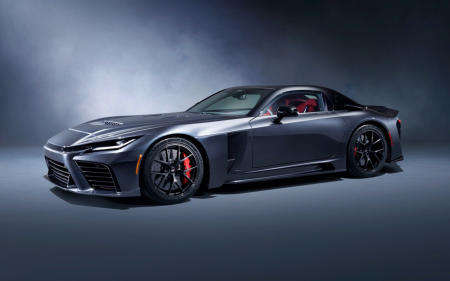Having built its social media empire on the power of a like, Facebook is reaping the consequences of this online beauty contest which is unravelling as the social giant struggles with the unintended mental health consequences of its ecosystem.
In a surprise move for psychological sanity, Facebook is experimenting with not showing Likes, reactions and the number of video views on posts in a trial in Australia. This follows a similar trial of not displaying likes on Instagram, also in Australia earlier this year.
As they teach you in psychology 101, comparison is the source of much of our mental illness. By comparing yourself to someone else – be they better looking, sportier, smarter or richer – you always appear the poorer for it, the theory goes. Feeling less worthy is the slippery slope of mental illness.
In the online world, that comparison is how many likes or views someone else gets.
The engineer who designed the like button in 2007 now calls them “bright dings of pseudo-pleasure”. Justin Rosenstein was part of a team of engineers that worked on the “awesome” button as it was then called, and which he stayed up all night coding the prototype.
That early experiment was meant to “send little bits of positivity” on Facebook. It was “wildly” successful, Rosenstein said in a 2017 interview, and engagement soured.
But it was the beginning of the online echo chamber, which has now become so toxic and made virtual narcissists of us all. Twitter replicated it – by repurposing its favourites button for likes – and it has become the default measure of popularity ever since. Likes on Instagram are like a cryptocurrency and the source of so much sanity-destroying comparison.
A decade after he created the Like button, Rosenstein admitted: “Everyone is distracted. All of the time.”
In the meantime, it has created a new category of people who have based their lives, and livelihood, on those likes. So-called “influencers” are a blight on the media landscape and this readjustment of the importance of likes should redress this bizarre phenomenon.
You may think I am speaking as a media owner – traditional media owner if you will – because I own a magazine and work as a journalist with such harsh criticism. But I’ve seen first-hand in my little field of technology journalism how much of a farce this reliance on so-called influencers is. People with a large social media following, and not much technical skill or knowledge, are not – to my mind – influential.
In the past, they were brand ambassadors who were sports stars, musicians, actors or successful in some field before becoming such ambassadors. In short, they have achieved something before becoming, essentially, a brand ambassador.
Social media, unfortunately, has given rise to this new category of so-called influencers who have done nothing apart from generated lots of likes. There are some bonafide people who do know what they are talking about or doing. But far too many so-called influencers, especially on Instagram, appear to involve – or are – skinny women in bikinis.
Being popular on social media is like being Paris Hilton, who was merely famous for being famous. And skinny.
Hopefully, the like-less experiment will reset not only the authenticity of people who have actually done something in the world, instead of the selfie generation, and restore some sanity to the world.
* Shapshak is editor-in-chief and publisher of Stuff (Stuff.co.za).




